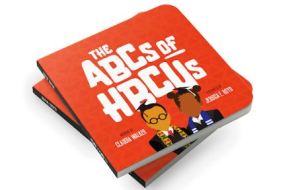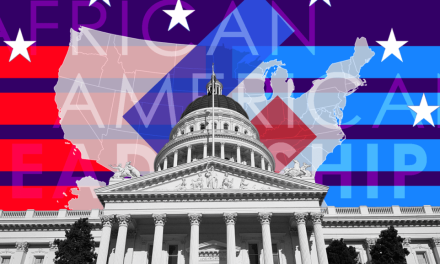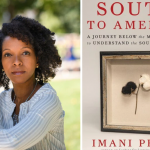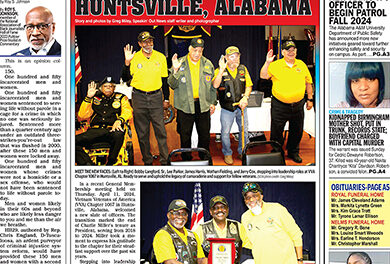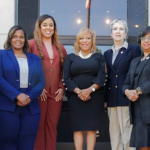
(Courtesy of The ABCs of HBCUs)
By Nadine Matthews
Special to the AFRO
Thanks to people like T-Nehisi Coates (Howard), Kamala Harris (Howard), Spike Lee (Morehouse), and members of the Congressional Black Caucus, mainstream America has finally started becoming more aware of HBCUs, or Historically Black Colleges. Mostly located in the south, HBCUs are a group of colleges founded beginning in the 19th Century, to provide post secondary education to Black-Americans when most were prohibited from attending predominantly White institutions.
Still, too few people remain unaware of the current value, unique culture and significant place in history these institutions hold. Oakland school teacher and Spelman graduate Claudia Walker is remedying that by writing a children’s book, The ABCs of HBCUs, that introduces these vaunted houses of higher learning to elementary school-aged children. A proud second-generation HBCU graduate, her book is inspired by her undergraduate experiences at Spelman College.
“If it hadn’t been for my mom who attended an HBCU, Savannah State, and sang its praises or the show A Different World, which let me live out the fantasy of attending an all Black college,” stated Claudia Walker, “I probably wouldn’t have attended an HBCU.” Walker shares that her high school guidance counselor, “spoke very negatively about HBCUs.”
Walker didn’t listen to their advice and is happy she took that course. “I had so many great experiences there that I’ve carried with me for a long time, and I got opportunities from attending an HBCU that I wouldn’t have gotten if I hadn’t gone to Spelman.”
During her teaching career she found that the disturbing trend hadn’t abated since her own days in high school. Many of her students had either been given the wrong impression about HBCUs, or had never heard of them at all. “It made me really want to create a book, now a book series, that teaches children about the legacies of HBCUs and some of the great thinkers and activists that have come out of those schools as early as possible.”
Like many who attend HBCUs, Walker had always attended PWIs prior to college. Stepping onto the campus of Spelman, she said, “Felt like home. It’s a space that really celebrates and uplifts Black students. We don’t have to explain or defend our existence or why we’re taking advanced classes. It made me recognize my own power as a woman.”

(Courtesy of The ABCs of HBCUs)
Going to an HBCU, Walker stated, also opened her own eyes to the diversity within the Black community itself. “Sometimes people come from small towns where the narrative is that all Black people are the same or they come from a PWI where they are one of just a few Black people. When you go to an HBCU you realize how vast the diaspora is. You may be in class with Black people from a town you’ve never heard of, or Europe, or the Caribbean, or Ghana.”
Walker also points out that today, going to an HBCU may increase the chance of being offered opportunities at larger companies looking for talent. “Oftentimes when corporations are recruiting and intentionally looking to diversify and make sure they have more African-Americans at the table, they’re going to HBCUs because they know it’s a numbers game. They’re gonna come out with a strong group of potential new hires.”
The value of HBCUs also lies in the fact that they are institutions made with the needs of Black students in mind, not as an afterthought. “I can’t think of any other institution in America,” states Walker, “that is designed to support our educational, emotional, and social advancement.”
It’s for these reasons and others that Walker stresses the responsibility of Black America to keep the institutions thriving by supporting them financially. “Many of the reasons people push back on HBCUs is because they believe there aren’t enough resources. It is our responsibility to make sure we’re supporting our institutions. If not, they die off; and we’ve seen that happen. Very often HBCUs are at risk of closure because of lack of financial support.”
She encourages those who don’t know much about HBCUs to “Be open to listening to the experiences of those who have. attended.” She also stressed the need to consistently keep history alive and emphasize the significance of these institutions in America’s history. “The first HBCU was founded in 1837. We couldn’t go to White colleges. We created something because nothing else existed for us so it’s important to keep those legacies alive.”
Please visit www.hbcuprepschool.com for more information about The ABCs of HBCUs.
Help us Continue to tell OUR Story and join the AFRO family as a member – subscribers are now members! Join here!
The post Spelman graduate teaches kids the ‘ABCs of HBCUs’ in new book appeared first on AFRO American Newspapers .

